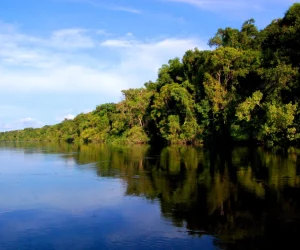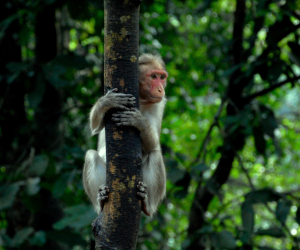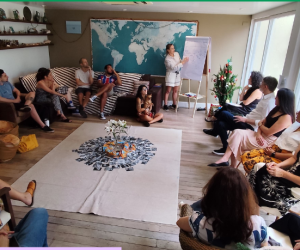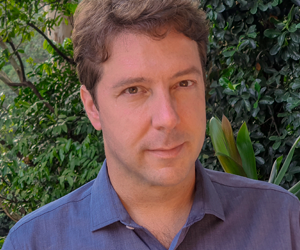Publications > Article
Sustainability dialogues in Brazil: implications for boundary-spanning science and education
The paper proposes the construction of a new paradigm for sustainability science and education in Brazil, with significant relevance for the global scientific community.
In Brazil, it is crucial to effectively and urgently strengthen sustainability science and education to address ‘glocal’ issues, as zoonotic pandemics and climate change, both of which are intensified by the accelerated loss of ecosystems and increasing social vulnerability. However, the Brazilian university system, still highly disciplinary, has responded slowly and in a fragmented way to these urgent and complex needs. To investigate how dialogue processes with non-academics can promote the integration of different types of knowledge, the paper analyzes four important grassroots sustainability initiatives that foster dialogues between:
- Science;
- Arts;
- Religion;
- Youth;
- Indigenous and local knowledge.
Drawing from these valuable experiences, we reflect on the lessons learned from movement organizers, scientists, and educators – who are also co-authors of this paper. Values, content, and attitudes were identified that, if properly incorporated into sustainability science and education in Brazil, could significantly enhance its transformative potential by reflecting local voices and critically engaging with often-hegemonic northern concepts. Although sustainability science in dialogue with other forms of knowledge is still in its early stages in Brazil, we have identified that these grassroots initiatives outside the academic environment can deeply inspire science and education to approach sustainability as wholeness – a state of balance that is realized individually, collectively, and cosmically. The paper also discusses how to adopt a transdisciplinary and reflective attitude in sustainability science and education in Brazil, while highlighting its unique and fundamental contribution to frontier topics in global sustainability debates.








